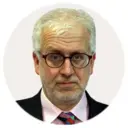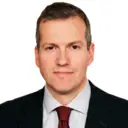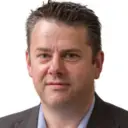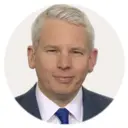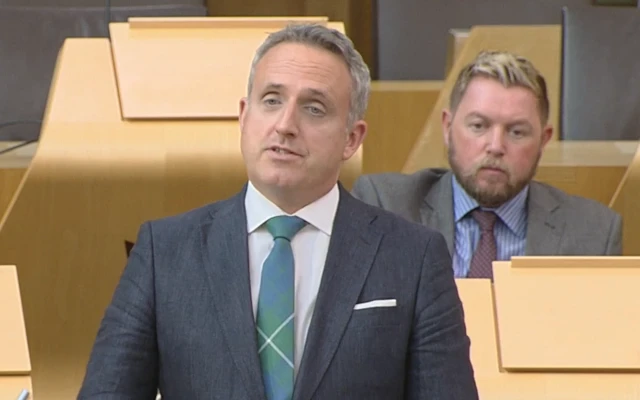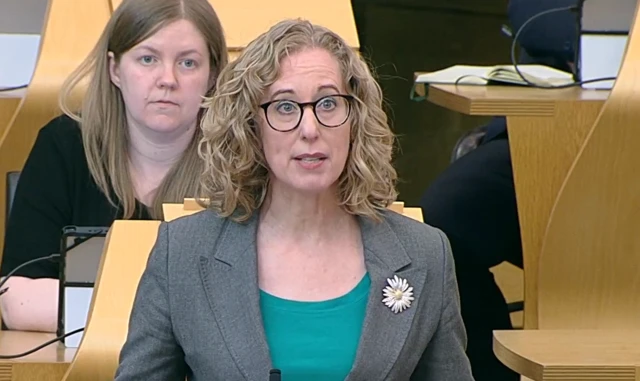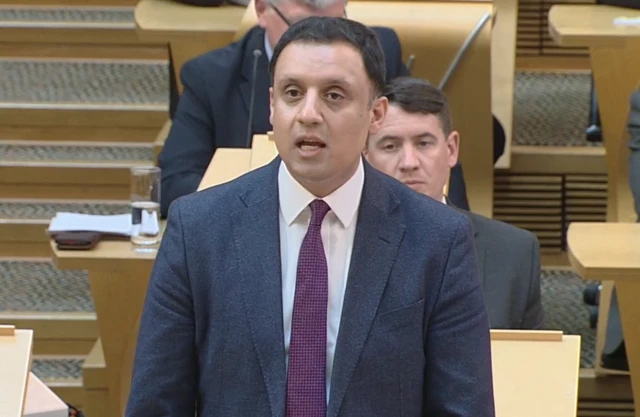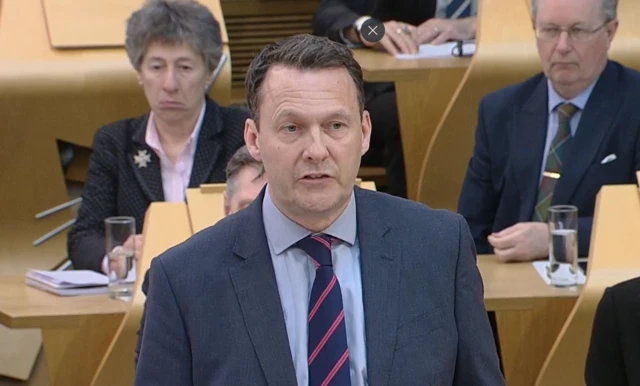Programme for government: The headlinespublished at 16:28 BST 6 May
The MSPs' debate on the programme for government will go on at Holyrood until what's known as decision time tonight and will carry on in the chamber tomorrow.
Here are the key lines that emerged this afternoon:
- John Swinney pledged 100,000 additional appointments in GP surgeries as he outlined his programme for government 12 months ahead of the May 2026 election
- The FM hopes this will tackle the "8am GP postcode lottery" for booking appointments
- Other measures announced included the permanent scrapping of peak-time rail fares
- The government also intends to lift the complete alcohol ban on trains.
- Russell Findlay, the leader of the Scottish Tories, described the government's plans as "more of the same", as he sought to portray John Swinney as the man who broke government now trying to fix it
- Speaking for Scottish Labour, the party's leader Anas Sarwar asked the FM "is that it?" then accused Swinney of stealing some Labour ideas
- Scottish Greens co-leader Lorna Slater said she was delighted the SNP had adopted her party's policy of scrapping peak-time rail fares and she asked for bus fares to be capped at £2
- Scottish Lib Dems leader Alex Cole-Hamilton criticised what he described as 20 years of SNP failure on planning and housing
That's all from our live coverage of today's programme for government statement. The editor was Paul McLaren and the writers were Craig Hutchison and Katy Scott. Thanks for joining us.



